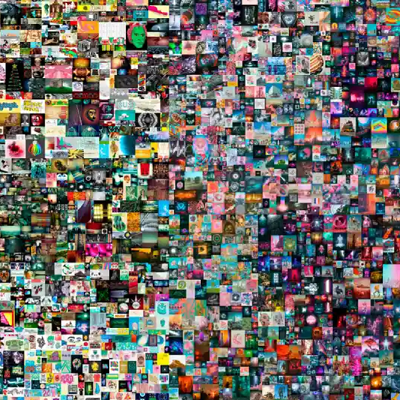
What are NFTs: everything you need to know about non-fungible tokens
You may have heard that the latest trend in the cryptocurrency world is buying and selling NFTs – sometimes for millions of dollars. But what does NFT stand for and what is behind all the excitement?
The non-fungible token (NFT) gained traction in 2020, drawing attention from the mainstream media and extending interest beyond blockchain technology enthusiasts to investors and consumers.
The acronym NFT stands for non-fungible token. NFTs are giving content creators a new level of control over their work, particularly in the worlds of digital art and collectibles. As assets that carry value, NFTs can also be used in the growing decentralised finance (DeFi) space, bringing together two aspects of the blockchain ecosystem that are exploding in popularity.
This guide tells you everything you need to know about NFTs – what they are, how they work, how to buy and sell them and the risks involved.
What are NFTs?
So, what is an NFT? Simply put, it is a type of cryptocurrency token that runs on smart contracts on a blockchain. This is typically the Ethereum blockchain, although other blockchains can run versions of NFTs. The concept originated in 2015, and the first NFT projects launched in the ERC 20 standard in 2017, with more standards appearing over the following two years. NFTs are now being developed on the ERC-721 protocol on the Ethereum blockchain, as ERC-721 tokens are unique while ERC 20 tokens are identical.
How do NFTs work?
NFTs differ from cryptocurrencies such as Bitcoin (BTC), Ether (ETH) or Cardano (ADA) that act as digital coins. NFTs are tokens that represent digital or physical assets – for example, a piece of art, music, or even potentially real estate – and contain additional information that a coin would not carry. NFTs can be used to authenticate works of art and other collectibles.
What does NFT mean? A token is a unit of currency. A non-fungible token is one that cannot be exchanged for something else. For example, a banknote is fungible in that it can be exchanged for other banknotes carrying the same value, however a plane ticket is non-fungible as it carries unique information and cannot be used in place of another passenger’s ticket. In the same way, an NFT is a unique token that can be used to distribute and verify ownership via the blockchain.
To read more about non-fungible tokens, please click on the link below…
Source: [Guide] What are NFTs: everything you need to know about non-fungible tokens – Capital.com


